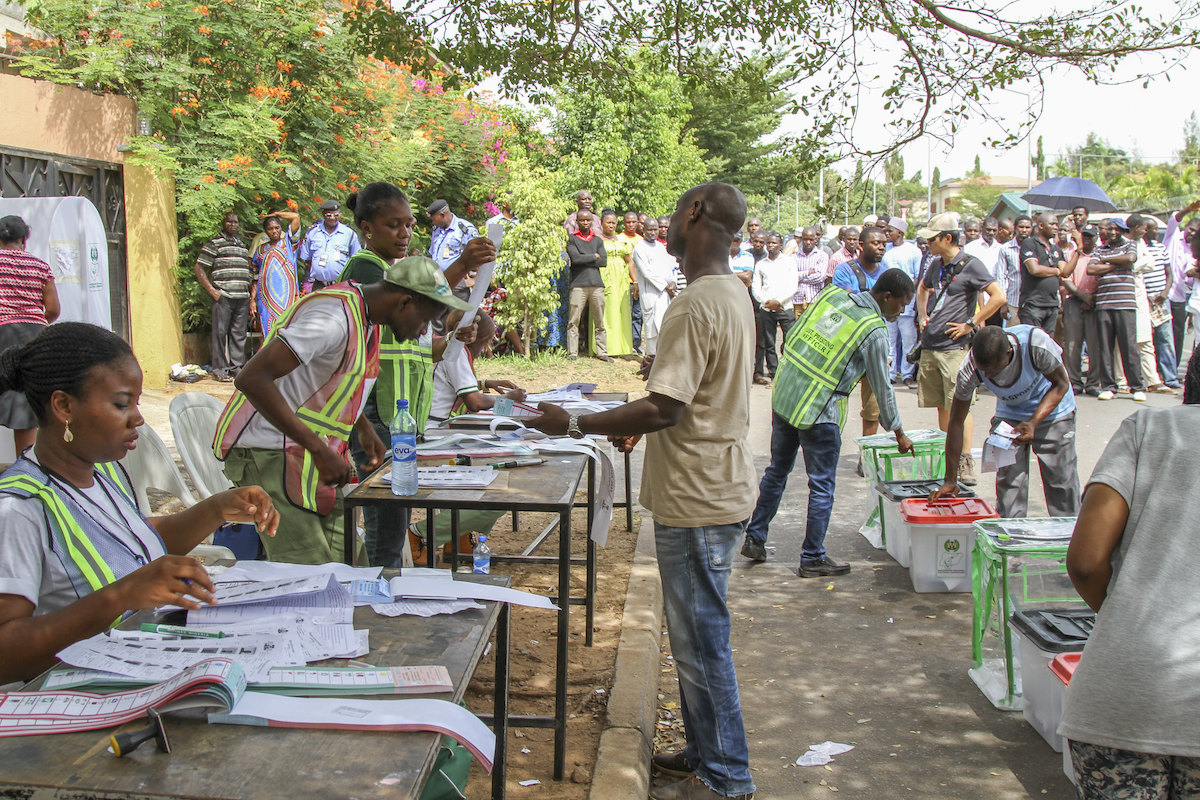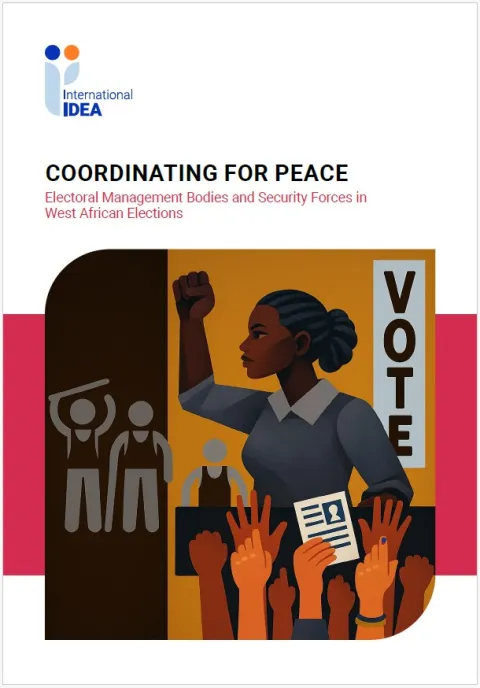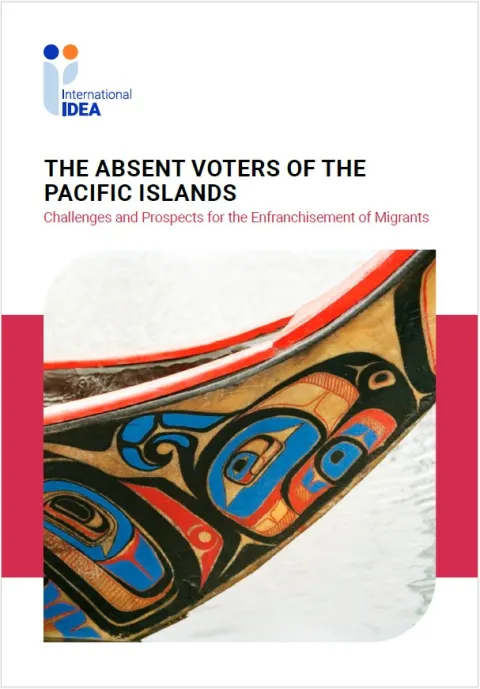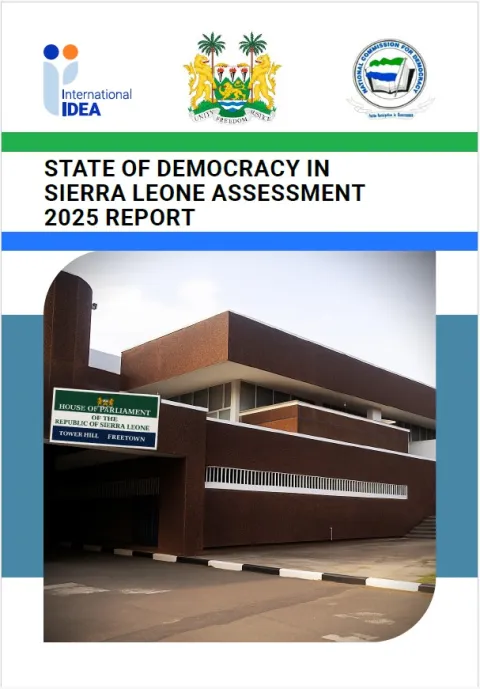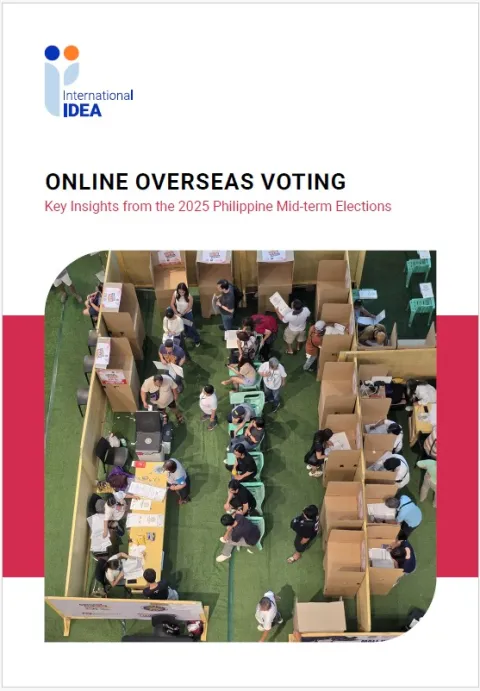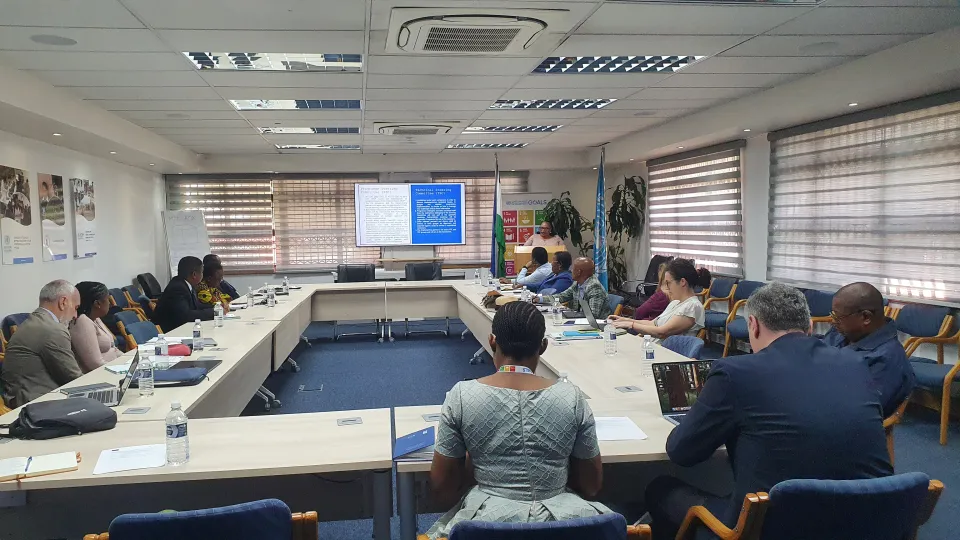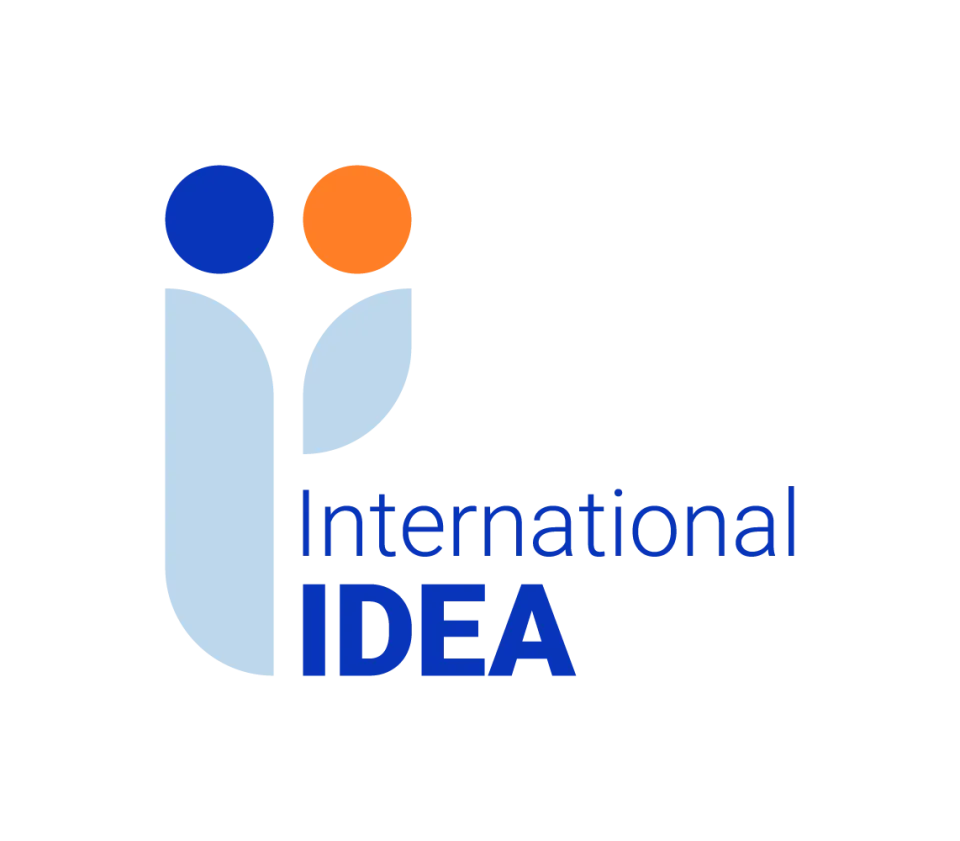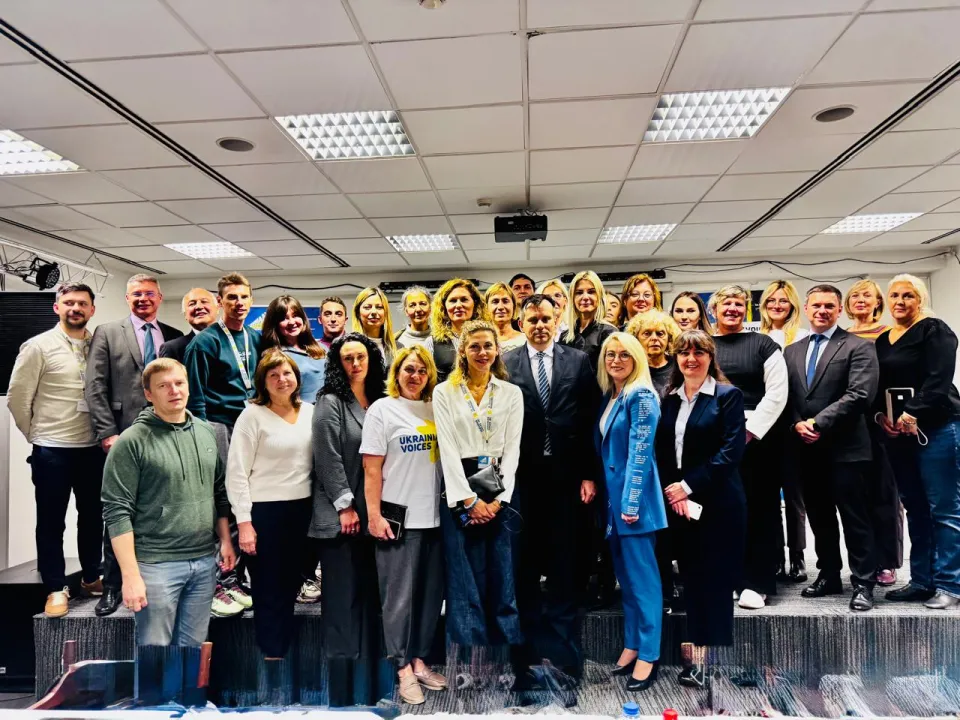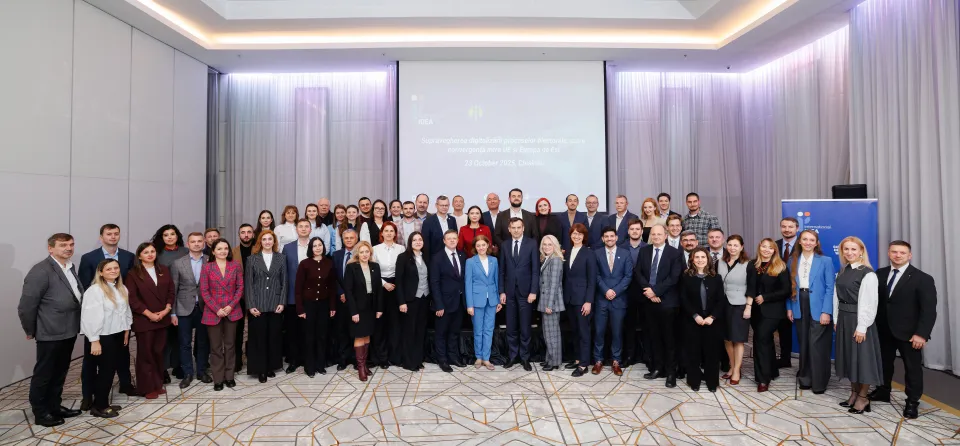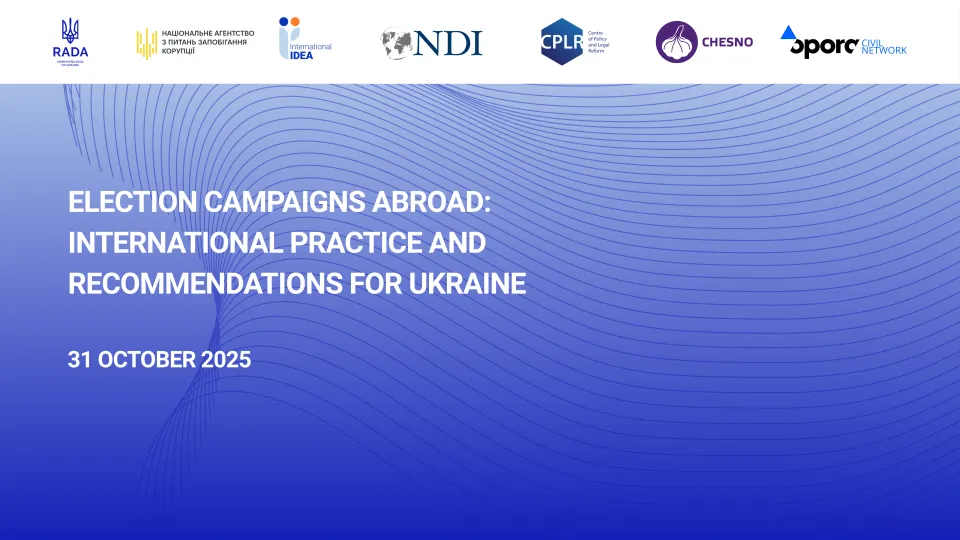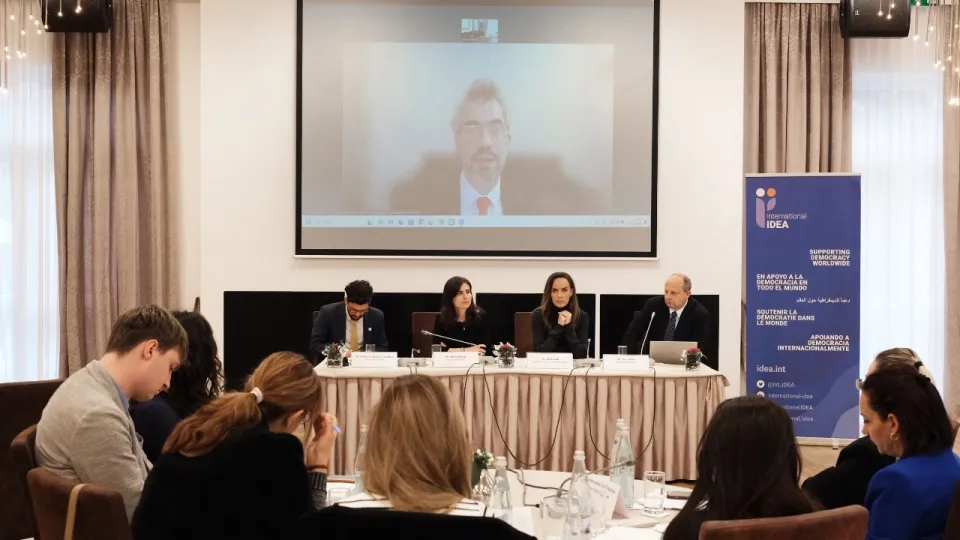The Use of Open Source Technology in Elections
The use of information technologies in elections is not new. However, the introduction of open source software in election technology is a relatively new concept, and it has not so far been widely adopted.
The reason for this could be lack of knowledge of the main characteristics of an open source technology (OST) as well as some misconceptions regarding the possible effects of the use of such technology in elections. One of these misconceptions is that OST may undermine the security of the election technology and thereby weaken trust in the electoral process.
This Guide reveals that the use of OST may in fact have the opposite effect and contribute to increased transparency in the electoral process and consequently greater trust in the election process and its results.
The Guide endeavours to enhance the understanding of OST among key electoral stakeholders, including electoral management bodies, governments and decision-making bodies, vendors and, of course, civil society, including the voters. It is hoped that this Guide will be helpful in engaging these stakeholders in a more active way in the debate on OST and on whether such technology can indeed be instrumental in enhancing the transparency and efficiency of their electoral process.
Details
Staff author
Related databases & tools
Contents
Preface
Acknowledgements
Acronyms
Chapter 1. What Is Open Source Technology?
Introduction
Overview
About this Guide
Context
Open source licences
The role of OST in elections
The role of OST in election technology
Chapter 2. Why (or Why Not) Use OST?
Introduction
The strengths of open source technology
Who is using OST?
Overcoming barriers
Chapter 3. How Can OST Be Used?
Introduction
Feasibility
Procurement
Community development and maintenance
Capacity building and sustainability
Conclusions
Notes
Glossary
References and Further Reading
About the Contributors
Give us feedback
Do you have a question or feedback about this publication? Leave us your feedback, and we’ll get back to you
Send feedbackThe Use of Open Source Technology in Elections
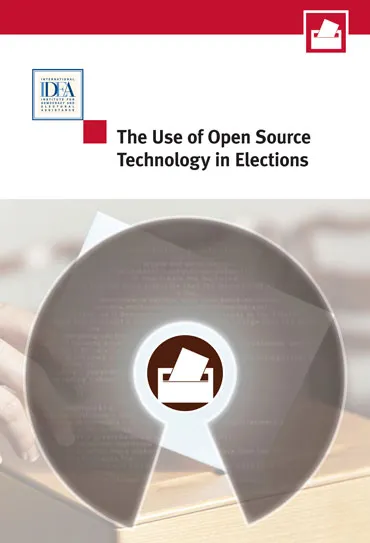
| Total views | 2739 |
|---|---|
| Downloads | 43 |
| Rating |
Staff author
Related databases & tools
Give us feedback
Do you have a question or feedback about this publication? Leave us your feedback, and we’ll get back to you
Send feedback